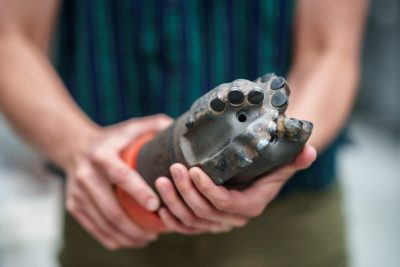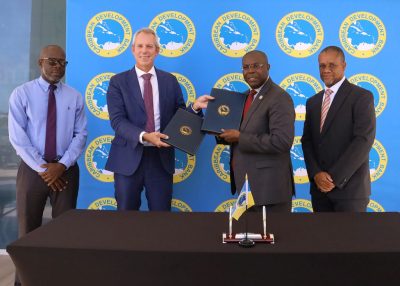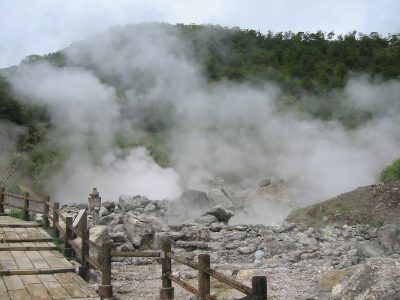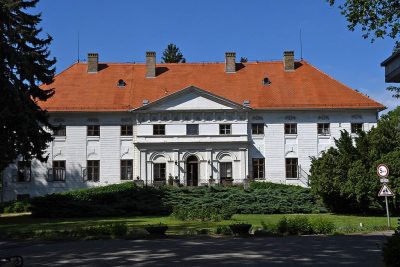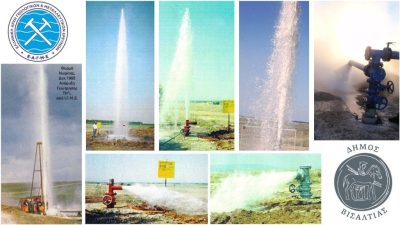Operational issues in Hawaii effecting Ormat’s bottom line
Because of operational issues with clogged pipes at its plant in Puna, Hawaii, Ormat Technologies sees decline of revenues of up to $1 million per month.
According to news from Israel, “Operational problems continue to hurt the financial picture at the Bronicki family’s Ormat Technologies. The company announced last Thursday that its revenues will decline by $1 million a month as a result of the drop in steam production from a geothermal reservoir feeding the company’s power plant in Puna, Hawaii.
The company says current output at the plant is 17 megawatts, which is 44% below normal production.
Ormat Technologies has a long-term contract to sell the electricity from the power plant to the Hawaii Electric Light Company.
The deal is premised on the savings which the Hawaii utility realizes by purchasing electricity from Ormat over the cost of producing power itself with fuel that has to be shipped to the state. The electricity price paid to Ormat is recalculated every month.
The Puna plant had been producing 25 megawatts of power, but was to boost production to 30 megawatts following the completion of renovation work that was completed in the 4th quarter of 2009.
Ormat says last month’s decline in steam output was the cause of the drop in electricity production, and thinks the problem is the result of a blockage in pipes leading from the geothermal wells to the power plant and is not being caused by changes in the geothermal reservoir itself.
The company is attempting to use chemicals to clean the pipes, but if the method fails, Ormat will be forced to resort to more time-consuming and expensive mechanical methods.
Ormat is also planning to begin drilling on a new well for the plant. The drilling project, which will cost $11 million, is to be completed by June of this year and should enable the plant to shift to its full 30-megawatt production capacity. The Puna plant supplied 6% of Ormat Technologies’ electricity production capabilities in 2008, but was the source of $58 million in revenues, or 23% of revenues from electricity sales that year and 16% of total revenues.
This was the result of high fuel prices that year, which made it possible for Ormat to raise the rates it charged Hawaii Electric Light at the time. Ormat Technologies conducted negotiations with the Hawaii utility company for the sale of an additional eight megawatts of electricity as a result of the expansion of the Puna plant’s production capacity.
The technical problem at Puna follows protracted delays in the start of commercial production at the company’s power plant in North Brawley, California due to the presence of large quantities of sand at the geothermal site there, which have caused a blockage of the wells.
That power plant was to supply 50 megawatts of electricity. Following a $300 million investment in the facility, the delay in bringing it online has resulted in a lowered forecast for growth in the company’s production capacity to 64 megawatts by the end of this year.
When the plant is operating, the company is expected to receive a $100 million grant from the U.S. government, as part of the Obama administration’s incentives to produce alternative sources of energy.
Ormat Technologies concluded the third quarter of 2009 with a $23.4 million profit on turnover of $120 million, compared to a $15.8 million profit on revenues of $100 million for the comparable quarter in 2008. The monthly drop in revenues from the Puna power plant represents 2.5% of the company’s revenues and 4.3% of its revenues from electricity sales.
Ormat had previously reported that it had won a concession to conduct test drilling for geothermal reserves at a 104,000-dunam site in Chile. The site is in a volcanic area with good highway access and is also near copper mines which could be potential customers for electricity produced by the company. Ormat Technologies is active in the geothermal energy industry both as an energy producer and as a supplier of industry equipment.”
Soruce: Haaretz
